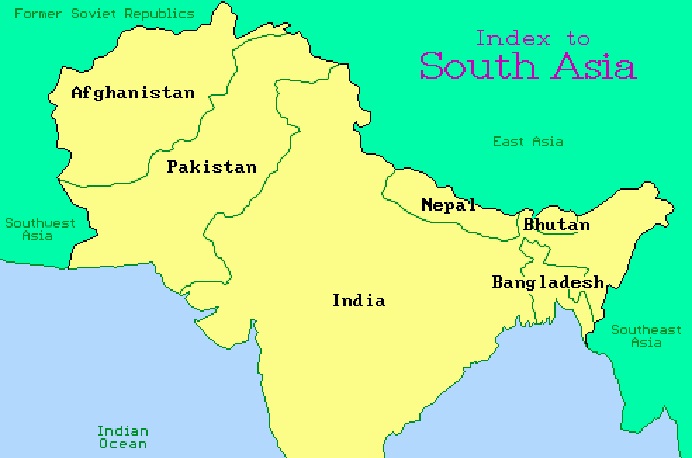When the African, South American and European countries are focusing on regionalism and integration, unfortunately, South Asian countries are not ready to bury the hatchets and move forward together for prosperity of the region and welfare of general masses. European Union has been through difficult times and still faces challenges such as mass influx of immigrants and weaker economy of a few member states. But, it is still united and working on common grounds to resolve the problems and differences. The Arab world has its own organization, effective in sense of integration. The Arab League brought the Arab countries together. African countries have forged military alliance to respond to existing and potential threats.
In Asia many have put their past behind and working jointly in the pursuit of common goals. The Association of Southeast Asian Nations (ASEAN) is just one example to count. ASEAN is doing well. This regional organization has brought the members together to improve regional economy and improve lifestyle of people. It is only South Asia countries who are not ready to become a single unit with determination. Although, the South Asian Association for Regional Cooperation (SAARC) has been there but it has failed to bring the member states together with broader consensus on major issues such as political, economical and educational integration. Countries in this southern part of Asia are involved in internal rivalries. They are not ready to forget the past and resolve the differences in an amicable way.
Politics of poorly-defined national interests and narrow mindset had overshadowed economic growth opportunities in this region. More than half of the SAARC member countries are rivals and have fought several wars. Some have supported non-state actors to pursue the narrowly defined foreign policy objectives. In other words, SAARC is a body of rival countries with no mechanism to bring the nations together with increased and uninterrupted interactions. There are some SAARC members whose citizens find it extremely difficult to visit another member country. People of Bangladesh and India find it a herculean task to get Pakistani visa and visit different areas without fear or regret. The same is true about Pakistani nationals. Afghans are also paying heavy price for these rivalries.
Yet, there is a hope. The Raisina Dialogue, concluded on Thursday in New Dehli, is part of this hope. It has strengthening the optimism because it focused on geopolitics and geo-economics in order to build consensus over the issue of regional integration. Connectivity was core of its agenda. Hope that the South Asian countries would pay heed to the suggestions forwarded in the dialogue.
 Afghanistan Times
Afghanistan Times




